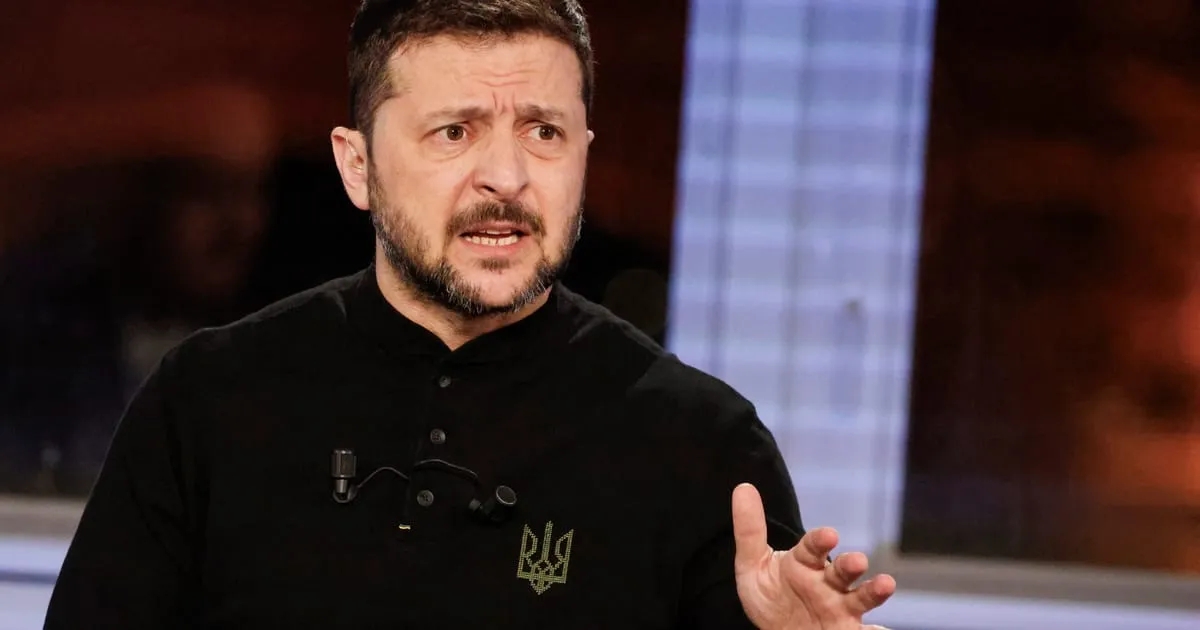
Ukrainian President Volodymyr Zelenskyy has extended an invitation to former President Donald Trump to visit Ukraine, urging him to see firsthand the devastating impact of the ongoing conflict with Russia. Zelenskyy emphasized the urgent need for international leaders to understand the human cost of war, stating, “Come to see people, civilians, warriors, hospitals, churches, children destroyed or dead.” This call comes in the wake of a recent attack on Sumy during Palm Sunday, highlighting the continued toll of the conflict on Ukrainian society.
The invitation to Trump is part of a broader effort by Zelenskyy to raise global awareness about the humanitarian crisis in Ukraine. The president hopes that a personal visit could inspire stronger international support and solidarity against Russian aggression. By witnessing the devastation inflicted upon civilians and infrastructure, leaders may better grasp the urgency of providing aid and support to Ukraine.
In a related development, Estonia has successfully seized a Russian shadow tanker in the Baltic Sea, which officials have identified as being part of Moscow’s clandestine maritime operations. This action underscores the ongoing efforts by European nations to combat illegal activities and restrict Russian influence in the region. An Estonian official remarked that the ghost vessel was “quite clearly” associated with Russia’s dark fleet, indicating the persistent threat posed by such operations in European waters.
The seizure of the Russian tanker not only reflects Estonia’s commitment to regional security but also highlights the collective response of European nations to counteract Russia’s maritime tactics. The move is part of a larger strategy to maintain stability in the Baltic region and protect national interests against potential threats.
This week has been significant on multiple fronts, particularly regarding Trump tariffs and the economic implications for Europe. The discussion around tariffs has evolved into a complex narrative involving various sectors, including agriculture and technology. From Louisiana soybeans to the EU’s Digital Markets Act, these economic factors are intertwined with geopolitical dynamics.
As Europe navigates the aftermath of these tariffs, leaders are strategizing on how to adapt to the changing landscape. The coalition dynamics in Germany and the political shifts in France also play crucial roles in shaping Europe’s response to the challenges posed by both the U.S. and Russia. This week’s events have created a tapestry of interconnected stories, from penguins to American bourbon, illustrating the intricate web of global politics and trade.
In summary, the ongoing situation in Ukraine, the seizure of the Russian tanker, and the evolving economic landscape highlight the complexities of international relations today. As world leaders respond to these challenges, the need for clarity and cooperation has never been more critical.